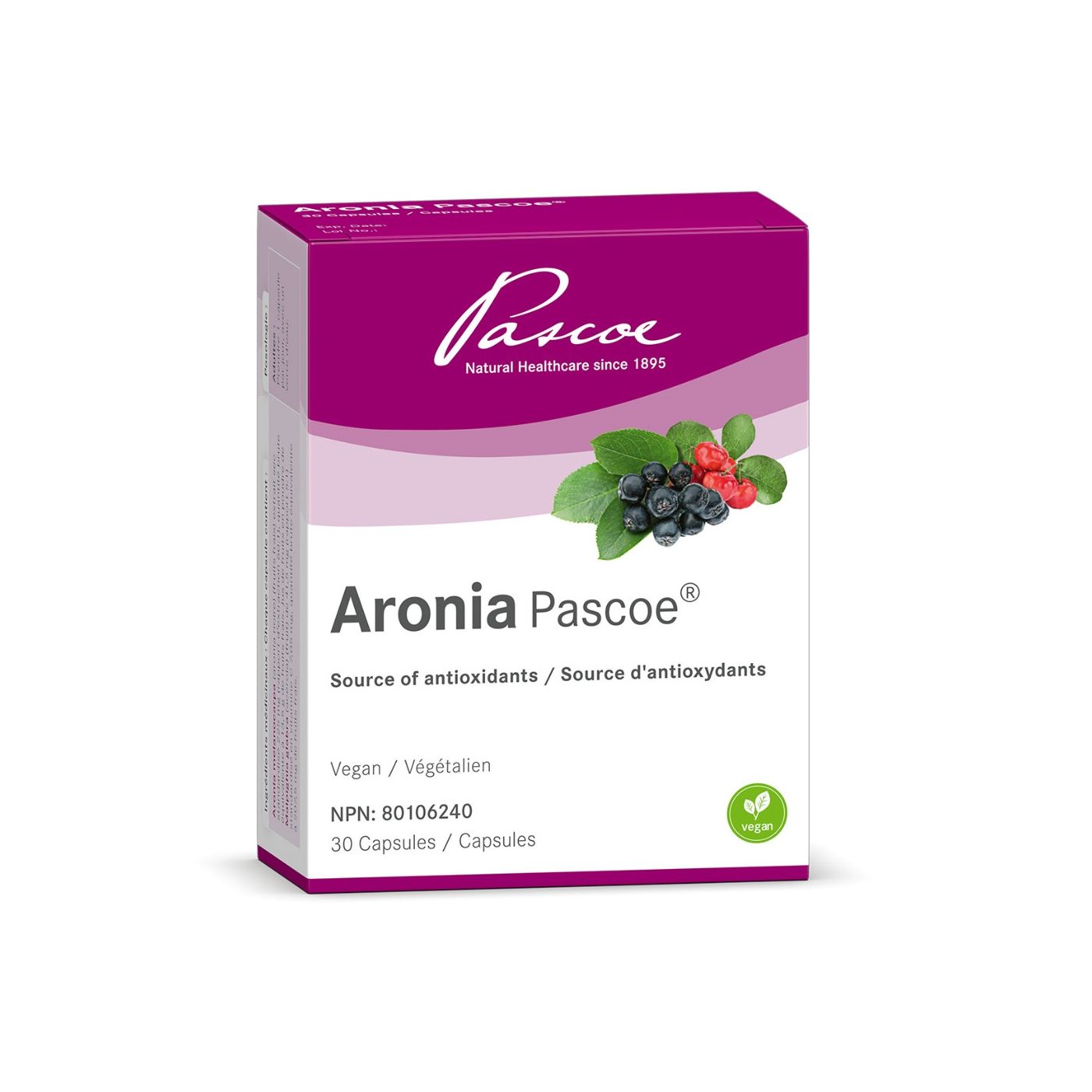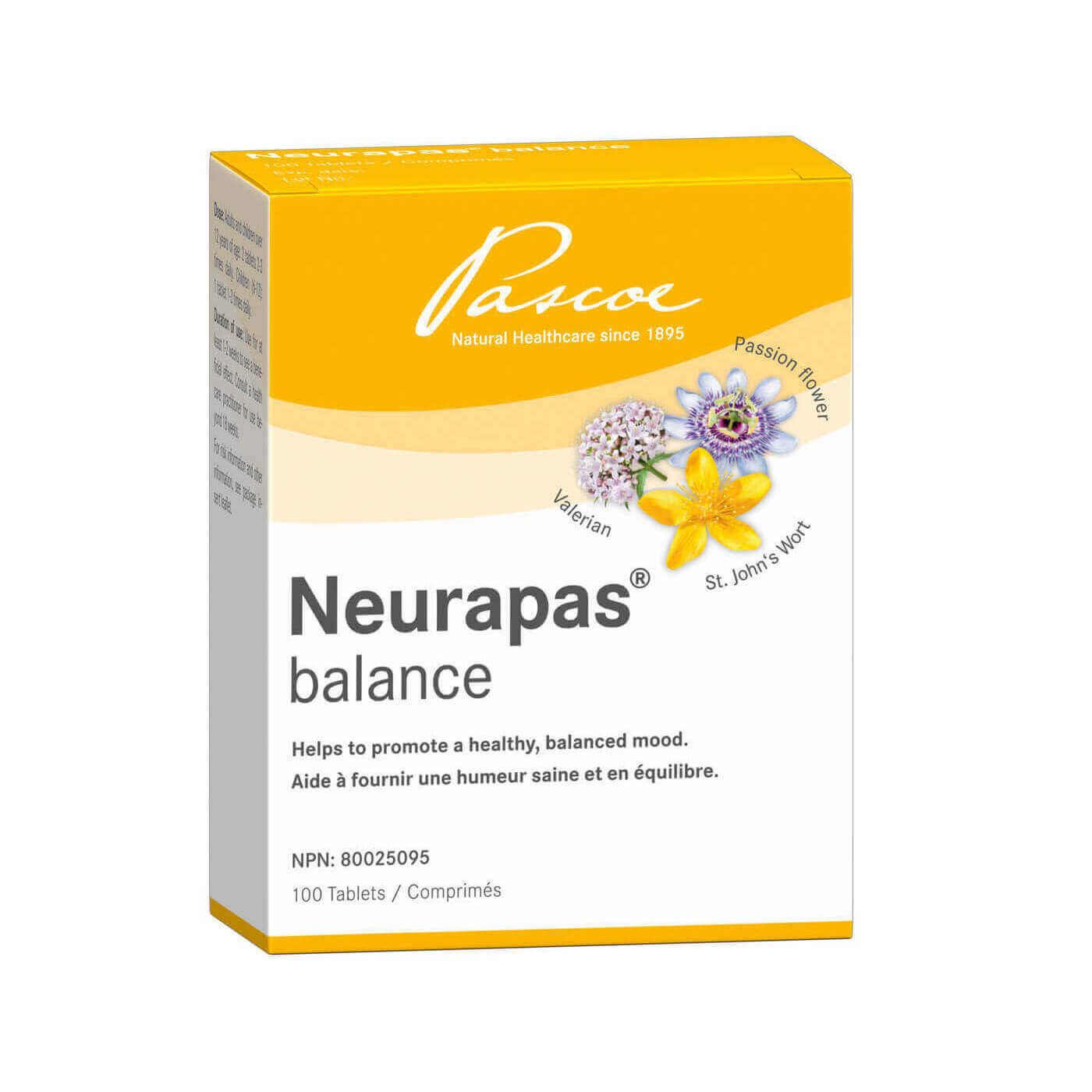Surviving the Winter Blues: Nutrition, Supplementation, and Lifestyle Changes
As the days grow shorter, and the temperatures drop, many people, especially in the United States and Canada, find themselves experiencing mood changes, or the "winter blues." This seasonal shift can bring about symptoms of depression, fatigue, and a lack of motivation and is often referred to as Seasonal Affective Disorder (SAD). While it's common to feel a bit down during the winter months, there are strategies to help you combat these feelings, maintain a more balanced mood, and thrive during this time of year.
Here’s how to survive the winter blues by focusing on nutrition, supplementation, and lifestyle changes.


Understanding the Winter Blues:
Before diving into strategies to combat the winter blues, it's essential to understand what causes these feelings in the first place. Reduced exposure to sunlight during the winter months can lead to disruptions in our circadian rhythm and affect the production of both serotonin and melatonin–two important neurotransmitters that play a role in mood regulation and sleep.
Here are various ways to navigate this seasonal challenge:
- Optimize Your Diet:
Nutrition plays a crucial role in supporting your mood and energy levels during the winter months. There are many health benefits to adjusting your diet to combat the winter blues.
A) Focus on Whole Foods:
Emphasize whole, nutrient-dense foods in your diet. These foods provide essential vitamins and minerals that can help stabilize your mood and reduce anxiety. Load up on fruits and vegetables, lean proteins, whole grains, and healthy fats.
B) Eat Mood-Boosting Foods:
Certain foods can help boost your mood. Incorporate more of the following into your meals:
Fatty Fish: Salmon, mackerel, and trout are rich in omega-3 fatty acids, which have been shown to support mood, reduce inflammation and help with treating anxiety, and support overall mental well-being.
Dark Chocolate: In moderation, dark chocolate can trigger the release of endorphins and improve mood. Research suggests the magnesium content is also beneficial for our health. Look for options with high cocoa content.
Nuts and Seeds: Almonds, walnuts, flaxseeds, and chia seeds are packed with nutrients and healthy fats that can help stabilize mood by supporting a balanced blood sugar.
Leafy Greens: Spinach, kale, and other leafy greens are rich in folate, which is essential for mood regulation. Folate is also a nutrient important to increase your intake of if you are pregnant or breastfeeding.
C) Stay Hydrated:
Dehydration can contribute to feelings of fatigue and low energy. Even in the colder months, it's vital to stay well-hydrated. Aim to drink plenty of water, herbal teas, and bone broths.
- Vitamin D Supplementation:
With reduced exposure to sunlight during the winter, your body may not produce enough vitamin D. This can impact your mood and energy levels. Consider speaking with a healthcare professional about vitamin D supplementation. They can help you determine the appropriate dosage to support your needs. You may require a high dose. In addition to supplementation, try to get sunlight exposure whenever possible, even on cloudy days. Research shows that getting outside in the sunlight first thing in the morning contributes to feelings of wakefulness and productivity.
- Supportive Supplements:
Several dietary supplements may be beneficial for combatting the winter blues. However, always consult with a healthcare provider before adding new supplements to your routine. Here are a few to consider:
A) Omega-3 Fatty Acids:
Omega-3 supplements can be an excellent addition to your winter routine, especially if you don't consume enough fatty fish. When treating depression, omega-3s have been associated with mood improvement and may also help alleviate symptoms of SAD.
B) St. John's Wort:
St. John's Wort is a herbal supplement that has been used for centuries to combat depressive symptoms. Some individuals find it helpful for managing mild to moderate depression, but it may interact with other medications, so consult with a healthcare professional first.
C) Valerian Root:
Valerian benefits not only anxiety and depression, but also sleep disorders, according to research. It can be found in tablet form, as well as a tincture. And when taken before bed helps you fall asleep faster and sleep more soundly.
D) Passionflower:
Passionflower benefits include calming and attending to feelings of anxiety. It has been historically used to increase the chemical levels of gamma aminobutyric acid (GABA) which counteract the overactivity of other brain cells.
E) Vitamin B Complex:
Finding a quality vitamin B complex can be beneficial for ensuring your body is converting valuable proteins from your diet into neurotransmitters, namely the feel-good ones, serotonin and dopamine. They also support overall cardiovascular health, improve our resistance to stress and support healthy energy levels. When looking to address SAD, focus mainly on vitamins B6, B9 (folic acid) and B12.
- Lifestyle Changes:
Beyond diet and supplementation, there are several lifestyle changes you can make to combat the winter blues, including:
A) Exercising Regularly:
Physical activity is one of the most effective ways to boost mood and energy levels. Even a short daily walk or some indoor workouts can make a significant difference.
B) Light Therapy:
Light therapy lamps, also known as "happy lamps" or "light boxes," simulate natural sunlight and can help regulate your body's internal clock. Using one of these lamps for around 30 minutes in the morning can improve mood and energy levels.
C) Maintain a Consistent Sleep Schedule:
Try to keep a regular sleep schedule, even on weekends. Quality sleep is essential for mood and energy regulation. Create a relaxing bedtime routine and ensure your sleep environment is comfortable.
D) Socialize and Seek Support:
The winter months can sometimes lead to social isolation. Make an effort to stay connected with friends and family. Social support can play a significant role in combating the winter blues. Join clubs, attend events, or engage in hobbies you enjoy.
E) Practice Stress-Reduction Techniques:
Stress can exacerbate the symptoms of the winter blues. Explore stress-reduction techniques like mindfulness, meditation, deep breathing exercises, or yoga. These practices can help you stay calm and improve your mood.
F) Plan Fun Activities:
Make a list of enjoyable winter activities that can help you look forward to the season. Whether it's ice skating, sledding, or building snowmen, having something to anticipate can improve your mood.
- Cognitive-Behavioral Therapy (CBT):
If the winter blues are significantly impacting your life, talk to your doctor. Cognitive-behavioral therapy (CBT) is an evidence-based approach that can help you manage your mood and learn coping strategies for the winter season.
- Set Realistic Goals:
Avoid setting unrealistic expectations for yourself during the winter months. If you're struggling with the winter blues, it's okay to scale back and focus on self-care. Set achievable goals and celebrate small victories.
- Consider Relocation:
For some, the winter blues may be a sign of a more profound issue, and they may consider relocating to a sunnier climate. While this may not be a feasible option for everyone, it's worth exploring if your well-being is significantly impacted by the winter season.
The winter blues can be challenging, but by making strategic changes to your nutrition, supplementation, and lifestyle, you can successfully navigate this season and maintain your mood and energy. If these symptoms are longer-lasting and you’re a woman between 40-55, look into whether or not these may be menopausal symptoms.
Remember that it's essential to consult with a healthcare provider before making significant changes to your diet or adding supplements to your routine. Additionally, don't hesitate to seek professional help if the winter blues become overwhelming. With the right approach, you can not only survive but thrive during the winter months.
References:
“Seasonal Affective Disorder and Complementary Health Approaches : What the Science Says.” NCCIH, www.nccih.nih.gov/health/providers/digest/seasonal-affective-disorder-and-complementary-health-approaches-science.
“Winter Blues? | Psychology Today.” Www.psychologytoday.com, www.psychologytoday.com/us/blog/real-healing/201501/winter-blues. Accessed 16 Nov. 2023.
“Passionflower Information | Mount Sinai - New York.” Mount Sinai Health System, www.mountsinai.org/health-library/herb/passionflower.






